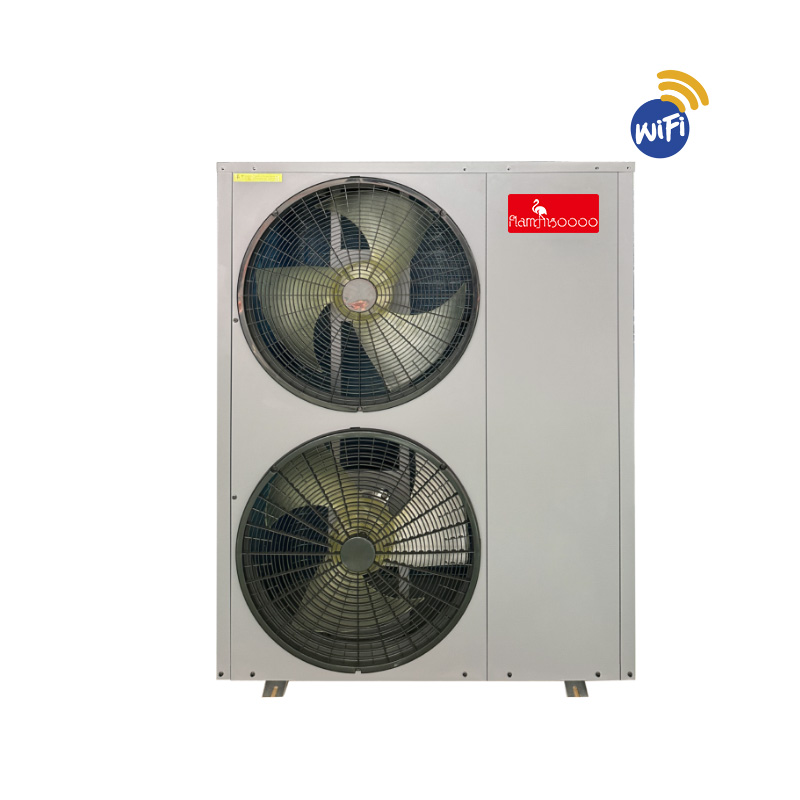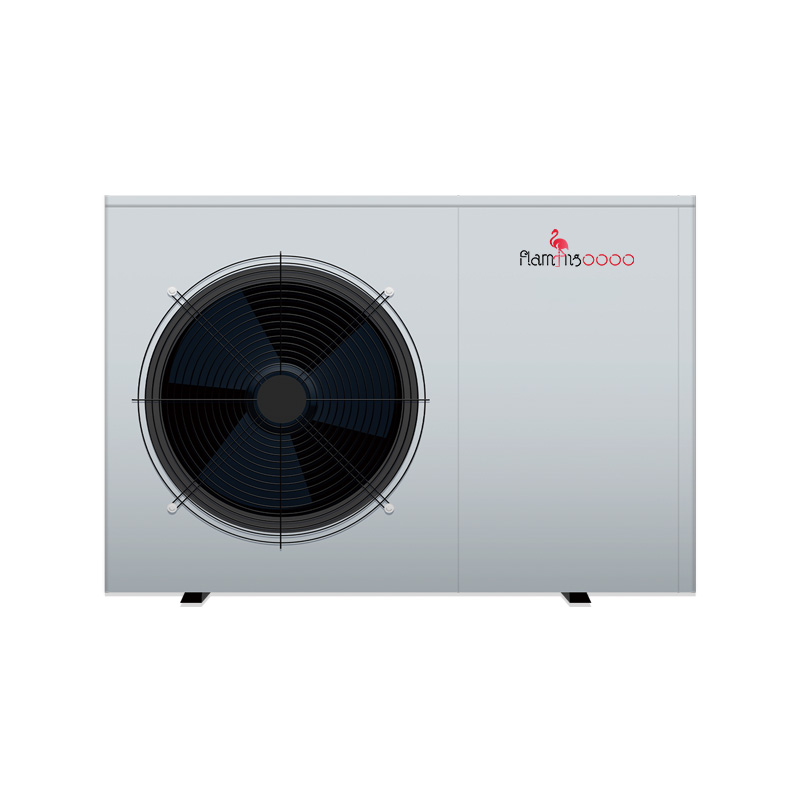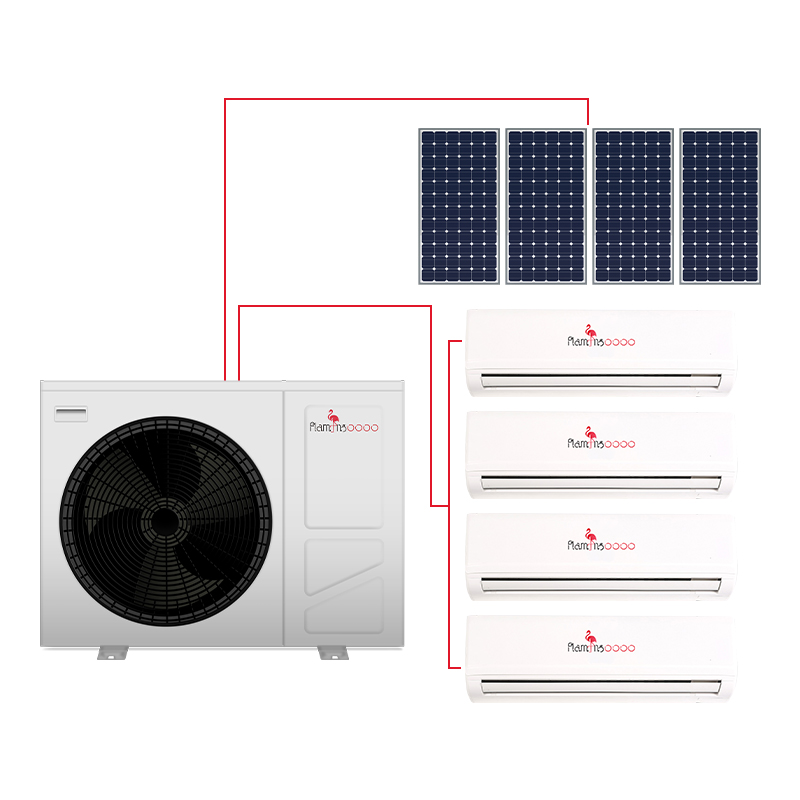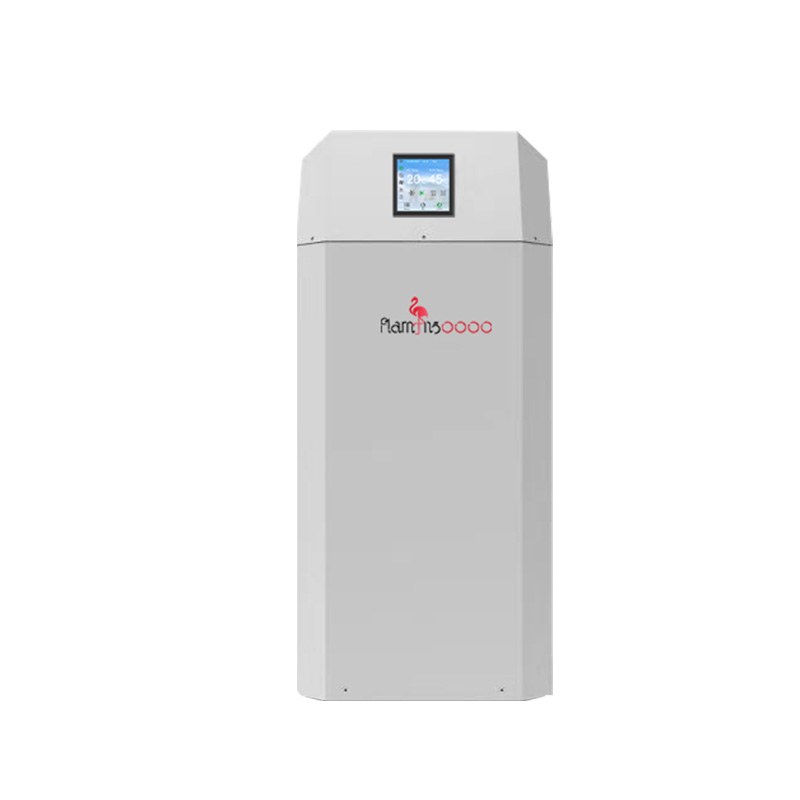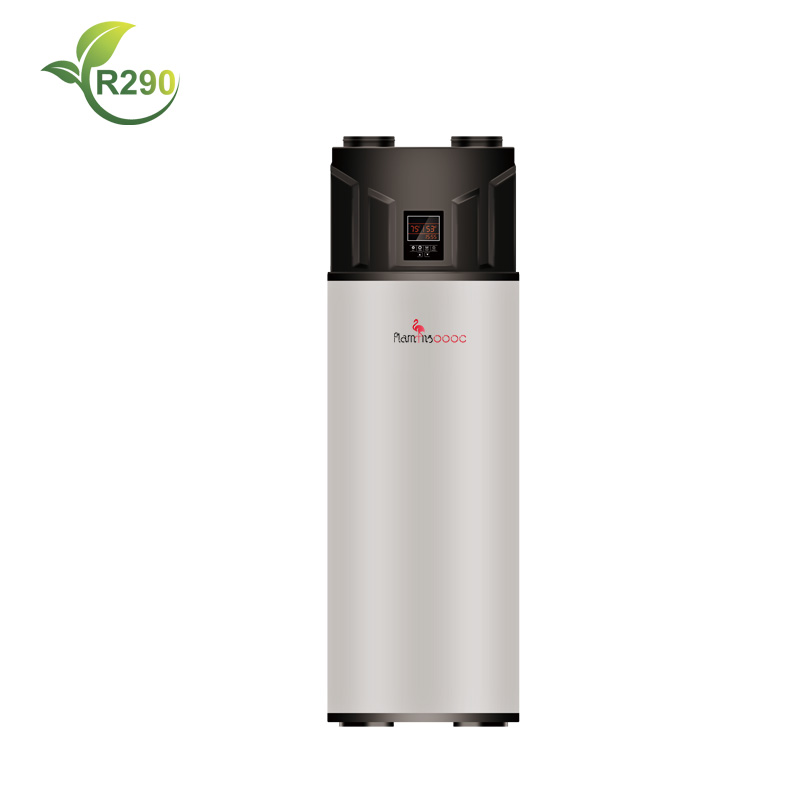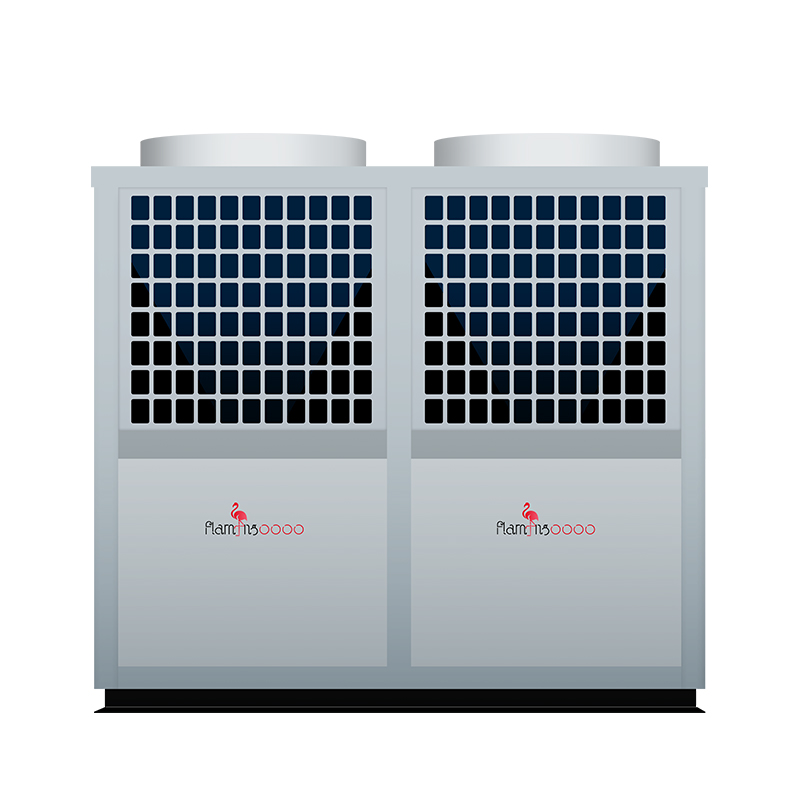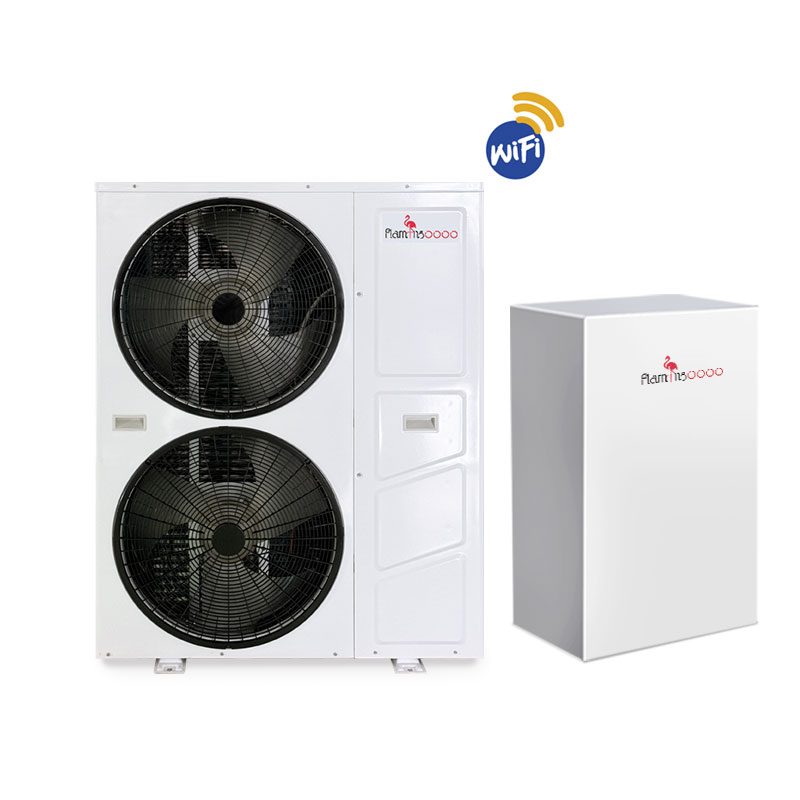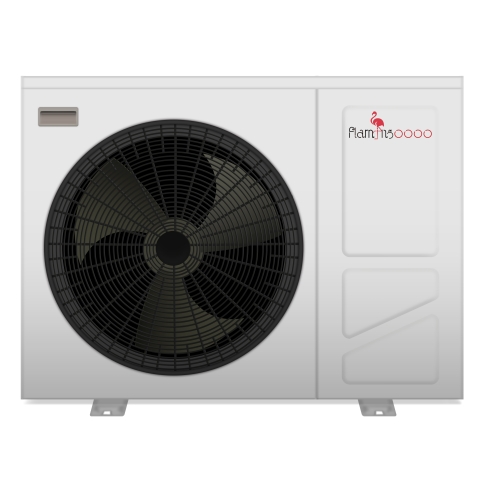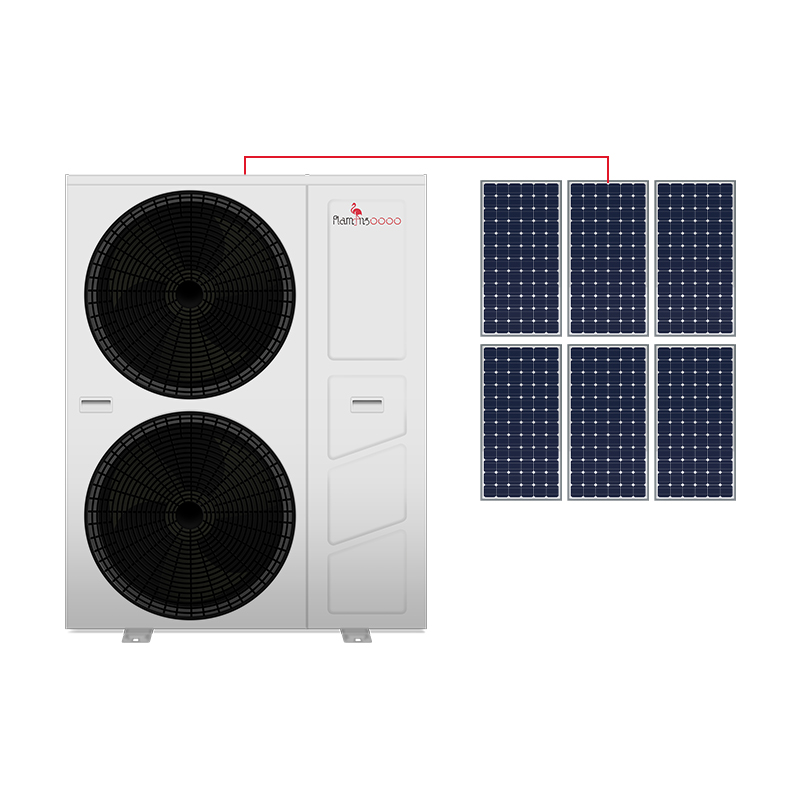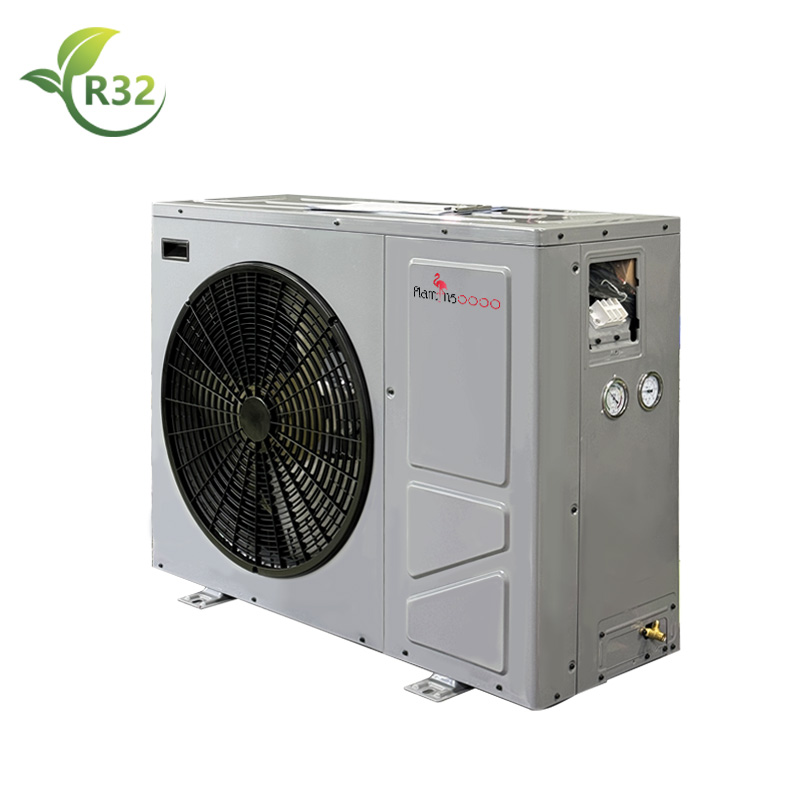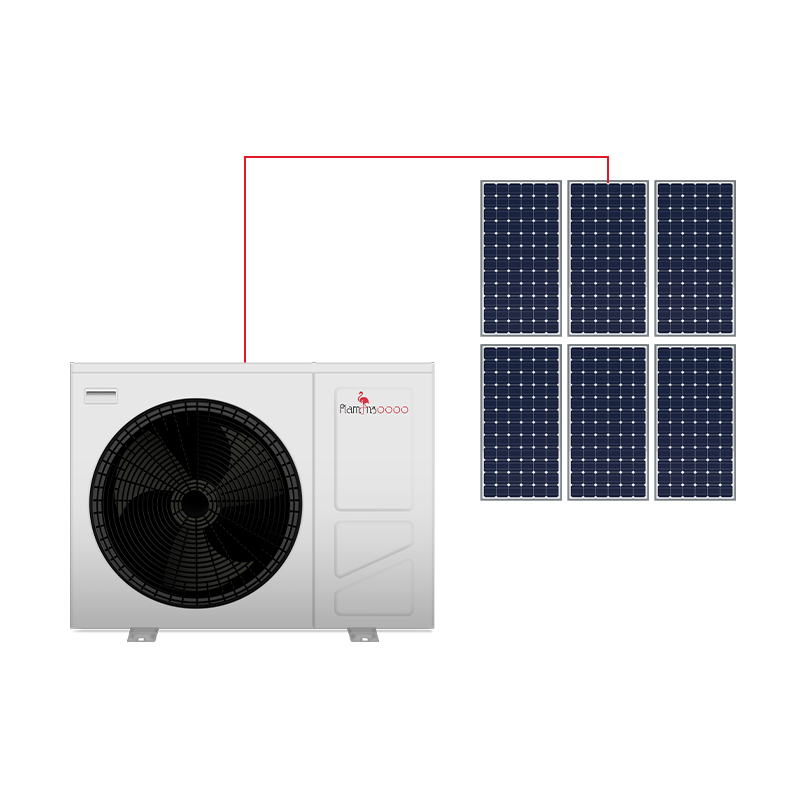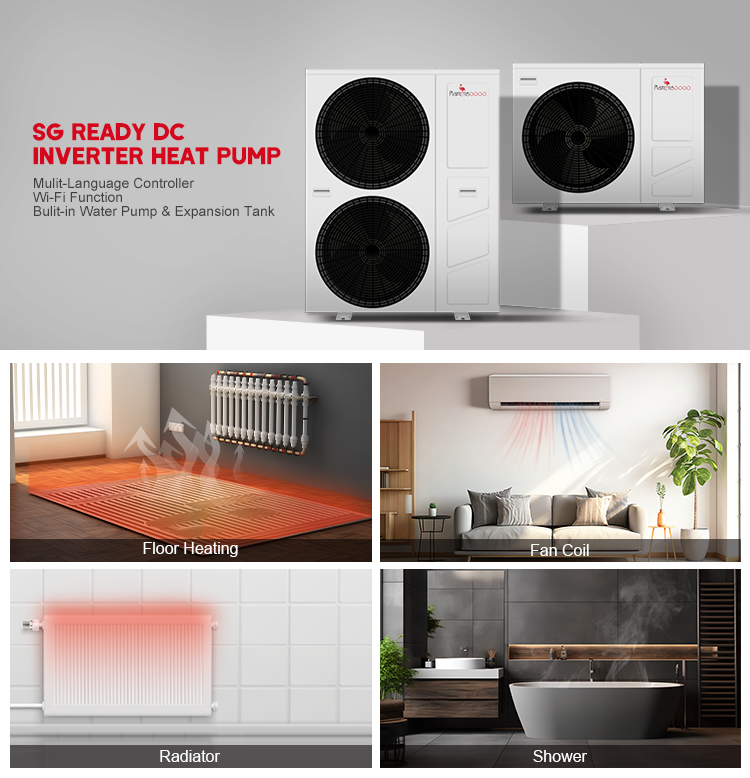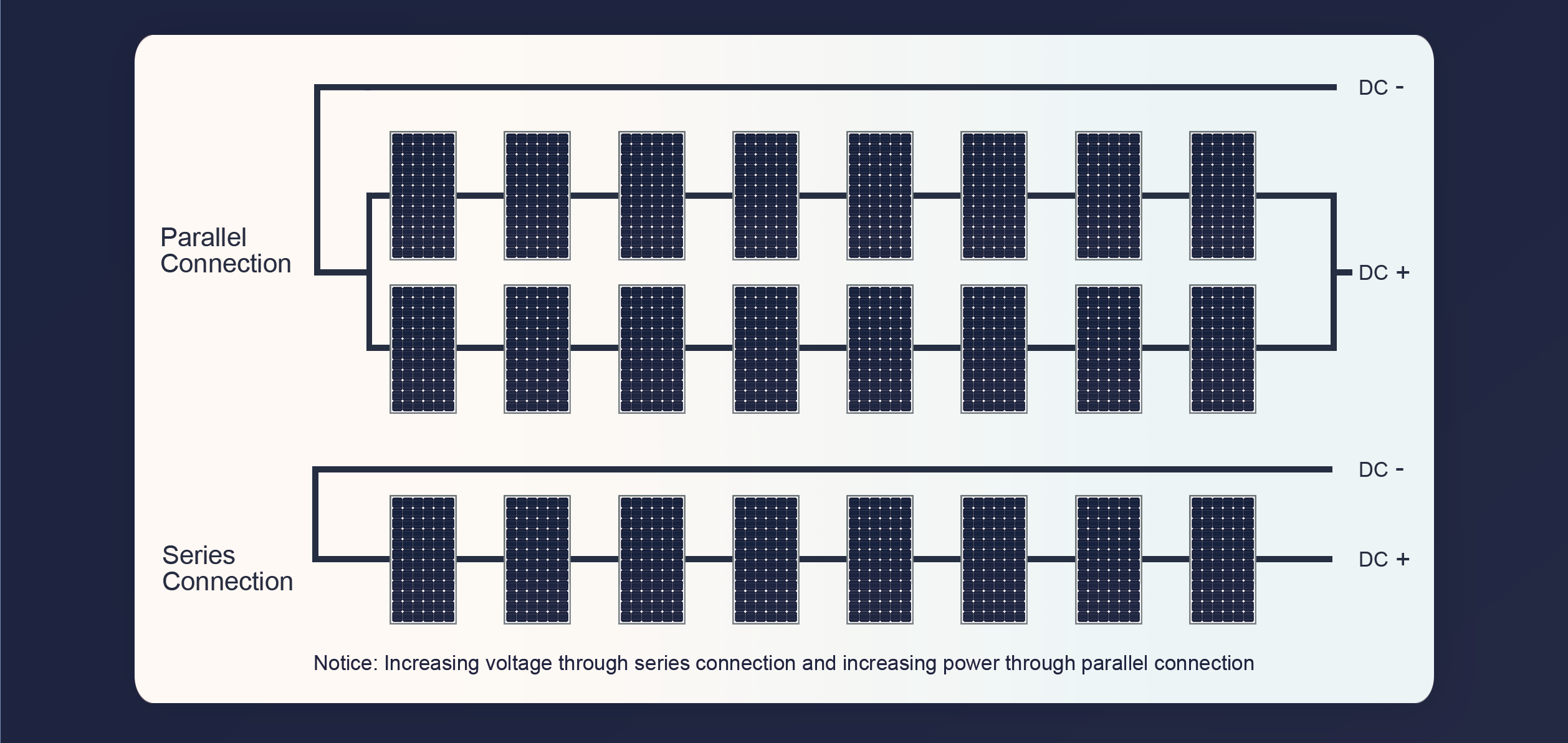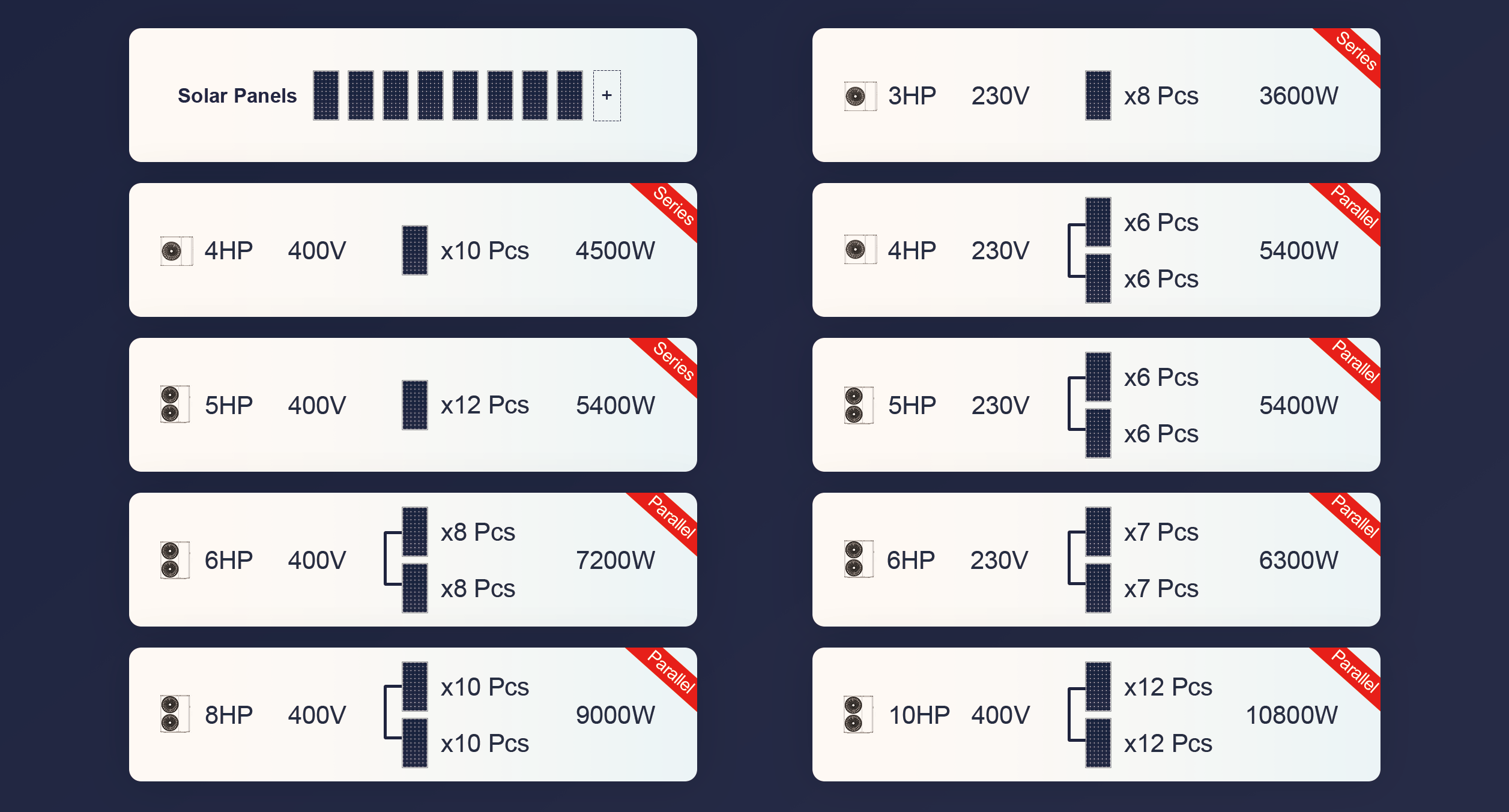1. Utilization of Clean Energy:
Harnessing solar radiation through solar panels, converting it into electricity to power both the inverter and the heat pump. This helps reduce reliance on conventional energy sources, contributing to a lower carbon footprint.
2. Efficient Energy Conversion:
Through advanced inverter technology, converting direct current into alternating current efficiently, providing high-quality energy for household appliances and the heat pump. This ensures optimal efficiency across various operational modes.
3. All-Weather Energy Supply:
The combination of solar panels and an air-source water heat pump ensures a continuous energy supply. During the day, solar panels absorb energy from sunlight, and during the night or cloudy days, the heat pump utilizes ambient air heat to provide consistent heating and hot water.
4. Energy Saving and Environmental Protection:
5. Energy Independence:
6. Cost Savings:
Solar Energy Utilization:
Solar Photovoltaics:
Solar photovoltaics (PV) involve directly converting solar radiation into electricity. PV cells, typically made of semiconducting materials like silicon, generate electrical current when exposed to sunlight. This generated current can be used for power supply or stored for later use.
Solar Thermal Energy:
Solar thermal energy utilizes the heat from solar radiation rather than directly converting it into electricity. This can be achieved through technologies like solar water heaters, solar collectors, or solar thermal pumps. Solar thermal pumps are often used for heating, hot water, and other thermal energy needs.
Solar Power Generation:
Solar photovoltaics is a common method for solar power generation. PV panels are installed on rooftops, ground surfaces, or solar farms to directly convert sunlight into electricity. This electricity can be used to power household appliances, for commercial purposes, or injected into the power grid.
Solar Panel System Inverter Air to Water Heat Pump:
Renewable Energy:
Technological Advancements:
Solar energy is a clean, renewable energy source that holds significance in addressing climate change and achieving energy sustainability. The continuous development of solar technology will further propel its applications in the field of energy.
1.The above data is for reference only, the specific data is subject to actual product
2.ln the best case, the electricity generated by photovoltaic panels meets 90% of the consumption of heat pumps
3.Single phase Max DC 400V Input / Minimum DC 200V nput / Three phase Max DC 600V Input / Minimum DC 300V input

